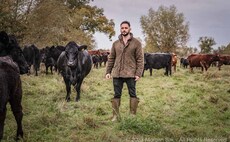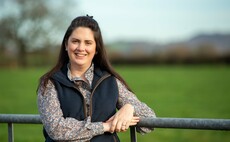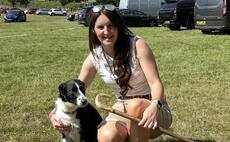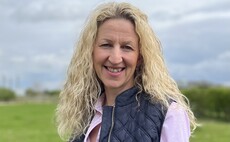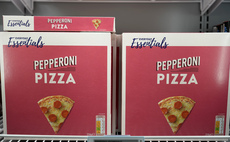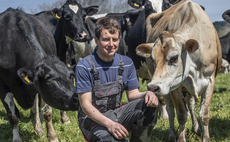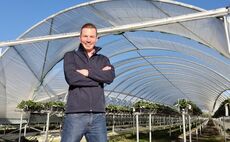Blog
Farm Business
This week's opinion from throughout the world of agriculture: Ian Rickman, president of the Farmers' Union of Wales, discusses support for Welsh family farms
Sustainable Farming
Silas Hedley–Lawrence is a farmer, coach and consultant with a decade of hands-on experience in regenerative agriculture. With a background rooted in both commercial and direct selling models, he champions lean, profitable farming systems that increase biodiversity and soil health. Silas is an Integrity Soils trained agroecological coach from the Yellowstone 2024 cohort
Tenancy
This week from Farmers Guardian editor Katie Jones
Blogs
Olivia Shave, founder of Eco Ewe and campaigner for food and farming education in schools, explains why embedding these topics onto the national curriculum is essential for public health, the environment and future generations
Livestock
In this series, we focus on emerging working dog handlers who are heading up the industry. We will explore their successes, trials and tribulations in the journey as they become the next generation of skilled sheepdog handlers
Young Farmer Focus
Banbury farmer Ben Fenemore reflects on Back British Farming day, working in the emergency services, and being nominated for the NFU's Community Farming Hero award
Farm Safety
NAAC chief executive Jill Hewitt writes on the 19 confirmed deaths on-farm since April 1 and why the farming sector must change its culture to health and safety
Blogs
Digital editor Emily Ashworth looks at the rise of meat free Mondays, when the real health problem lies in the power of ultra processed foods
Dairy
Alan Carter farms in partnership with his parents, Paul and Christine, on a 162 hectare (400-acre), 400-cow dairy unit at Constantine, Cornwall, with 130 milking cows, supplying Saputo. Alan, also a Parish Councillor, and his wife Sarah, have two children, Ross and Dana.
Arable
Dan Hawes grew up on an arable farm in Suffolk and now produces strawberry and raspberry plants for the UK fruit market with Blaise Plants, sister company to Hugh Lowe Farms, Kent. The business grows outside, under tunnels and in glasshouses and produces more than four million plants a year. The arable side includes environmental schemes, with a mix of wheat, oilseed rape, beans and barley crops.

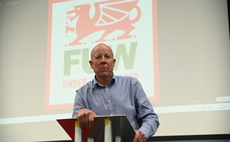
 27 September 2025
•
3 min read
27 September 2025
•
3 min read
